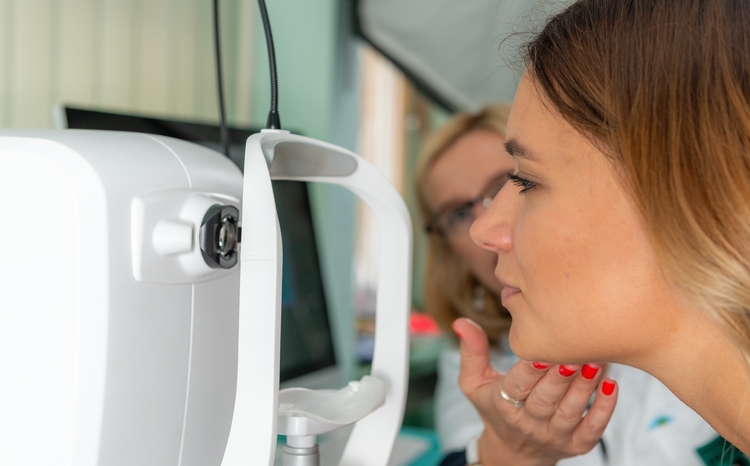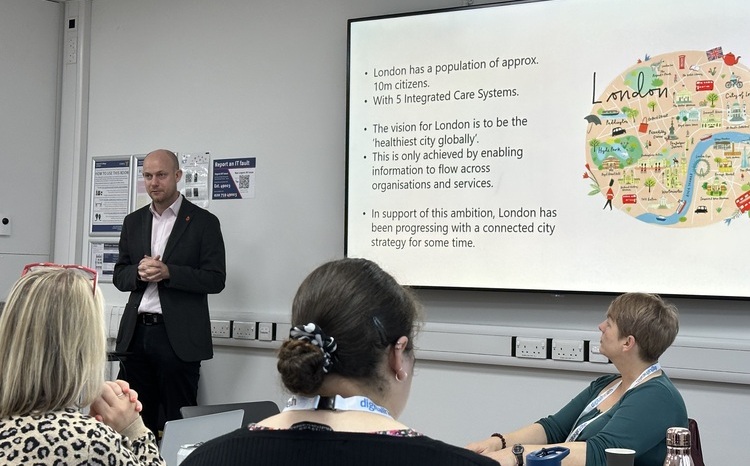ID cards: discretion will be needed on healthcare access
- 6 August 2004
If national ID cards are used to control access to NHS care, doctors will need some discretion to treat people who fall outside the eligibility criteria, two authors warn this week. Writing in the British Medical Journal, Julian Sheather, ethics adviser at the British Medical Association, and north London GP, Iona Heath, say: “If identity cards do go ahead…and general practitioners are asked to determine eligibility, then it is vital that some discretion, some necessary minimum of humane flexibility is encouraged. Without it, this could be one ethical conflict too far.” The government’s intention is that ID cards should be used eventually to prevent “health tourism”, an abuse of the system in which those with no right to use the NHS enter the UK to take advantage of its liberal rules on access to healthcare. However, emergency treatment would remain available to all. Sheather and Heath point out that this could lead to difficult decisions for GPs as gatekeepers of the NHS system. They write: “Consider this scenario. An asylum seeker with insulin dependent diabetes has recently had her claim for asylum rejected. She attends her practice, where she is told that she is no longer eligible for free prescriptions. She has no money and therefore cannot afford to pay privately. The practice therefore has to inform her that her only option is to wait until her situation becomes an emergency and to visit the local hospital. “Such a situation could well become familiar; it raises a number of issues. The conflict between the desire to care for the pressing needs of the individual and the duty to assess eligibility on objective criteria will be distressing for all concerned.” Sheather and Heath predict that doctors will have differing views on the issue of using ID cards to determine eligibility. Many will look forward to a simple and accurate method of assessing eligibility, provided its costs do not exceed its goal, and it does not further burden general practitioners with bureaucracy. Others will want to play no part in such a system. If the system is adopted, however, they conclude that it will be vital to allow GPs some discretion over who receives treatment.




